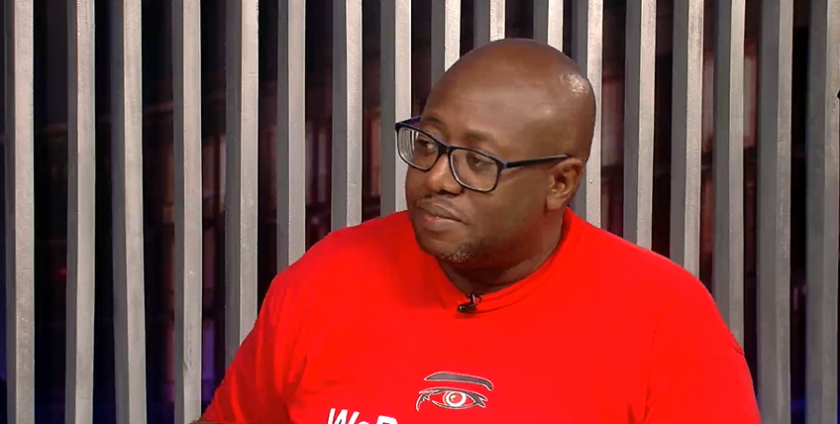
Audio By Carbonatix
The Director of Advocacy at the Centre for Democratic Development (CDD-Ghana), Dr. Emmanuel Kojo Asante, says the decision to focus on the Auditor-General’s powers of surcharge and disallowance is due to its importance in Ghana’s accountability architecture.
According to him, the Auditor General’s refusal to exercise his powers of surcharging and disallowance in his reports since 2019 is a matter of worry as it is encouraging impunity within state agencies and institutions.
Speaking on JoyNews’ PM Express, he noted that the Auditor General recommending the erring institutions to recover misused money is not the way to go.
“It was important for us to focus on this very important tool which kind of brings the whole accountability architecture together because the Auditor General has independence, and that independence ensures that if he makes that finding against an entity he doesn’t leave that entity to take the task of recovering that misuse or whatever.
“He has the tool outside of that entity to surcharge an individual who is responsible for that loss to the state. When that happens it ensures that people are held accountable,” he said.
He added that leaving the retrieval of misused funds etc to the erring institutions produces no desirable outcomes.
He explained that there has not been an established mechanism to track and ensure the retrieval of these misused funds by the agencies thus leading to uncollected funds from previous years being mentioned again in new reports.
“If you rely on the same offender to go and recover that money, if they don’t do it, there’s really no mechanism for tracking, following and making sure that that is done. And that’s why when you see the Auditor General’s report there’s a long list of recommendations that have not been implemented from the previous year. So there’s really no serious tracking.
“If anybody who has been involved in the private sector with auditing, that will be a serious matter if the next audit comes and you have not even dealt with it. So it’s a key component and it’s a deterrent effect.
“If you don’t apply it then people don’t think the next time that I have to be careful, I have to make sure I follow the rules otherwise I will pay from my pocket,” he said.
Latest Stories
-
Afenyo-Markin criticises gov’t over alleged unfulfilled promises, slogan-driven governance
1 minute -
Ghana signs landmark MoU for major cashew processing plant to boost value addition and job creation
4 minutes -
Gov’t committed to leveraging technology to improve fire safety – Interior Minister
19 minutes -
Mahama won’t appoint more than 60 ministers – Ayariga
23 minutes -
AU inaugurates committee to drive AfCFTA implementation
26 minutes -
CDD lauds Mahama’s administration for exceptional macroeconomic stability
29 minutes -
Ghana calls for greater inclusion of women, youth in West African leadership
32 minutes -
Ghana, Burkina Faso sign seven agreements to deepen security, economic cooperation
37 minutes -
Seized trucks: Government bans land transit of cooking oil
42 minutes -
U.S. Embassy warns Ghanaian travellers against visa overstays during 2026 World Cup
49 minutes -
Deportation of Chagos Islanders blocked by judge
52 minutes -
We’re in talks with Adeleke’s family to resolve Sophia, Davido custody dispute – Dele Momodu
1 hour -
Rare prison sentences handed to Cameroon soldiers after killing of 21 civilians
1 hour -
CDM declares teacher recruitment crisis a ‘national emergency’
1 hour -
5 bodies of migrants washed ashore in east of Libya’s capital Tripoli, police officer says
1 hour

